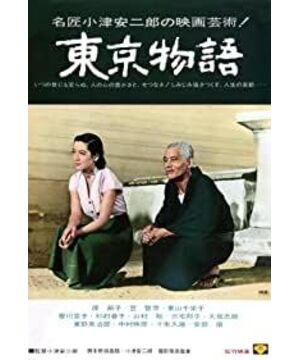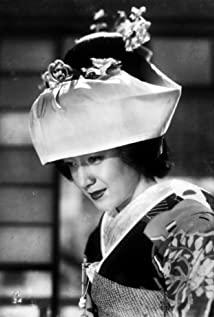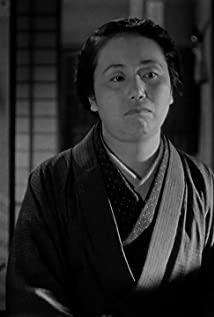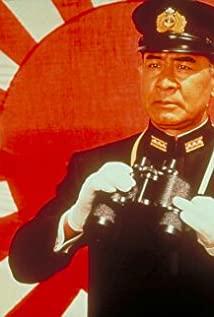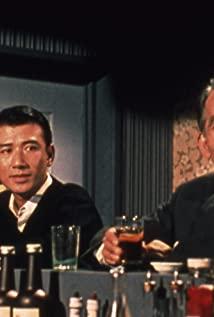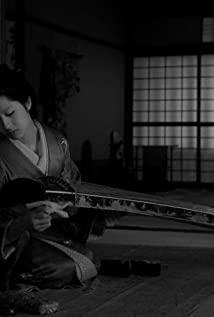It's the Japanese's unique subtlety. Every picture seems peaceful and quiet. The dialogue is tacit, calm, and reveals a beautiful meaning, but this silence is terrifying.
For the first time, I felt that there was a cold temperament in the etiquette of the Japanese nation. Everyone respects their parents, their partners, their children, and the rest of the society, bowing and nodding, serving tea and water, and every word of honor. They have lived their lives to a degree that we cannot comprehend. At the same time, there is no trace of tenderness left in this warm gesture.
The old couple came to Tokyo from a distant country, wanting to visit their children living here, but they finally got their wish and when they got together with their children in Tokyo, a pair of children's eyes clearly showed impatience. They work hard for their own careers and their families, and they have no time to take care of their parents who have come from afar. Then, in their children's home, in the background of enjoying family relations, they seemed unprecedentedly lonely, but neither of them spoke out.
I liked the scene where the old couple came out of their daughter's house and walked aimlessly on the streets of Tokyo. The old man sighed, "Tokyo is so big," and then the old lady smiled and said, "If we get separated, and never see each other again." I find this very moving. Later, when I saw the old lady died of a sudden cerebral hemorrhage, that scene was still stuck in my mind for a short time, and there was a silent love in it, the last consolation between each other.
I love Noriko, she is a lifesaver in this cruel story, adding the final touch of bright warmth.
Yasujiro Ozu, he is a real master, and quietly and thoroughly restored the style of post-war Japan. Lonely and hopeful.
View more about Tokyo Story reviews


